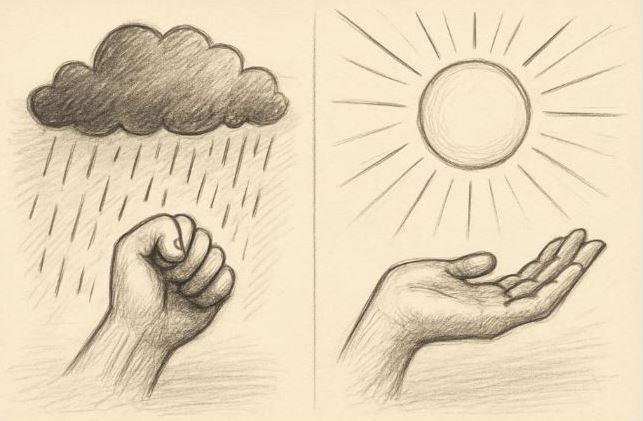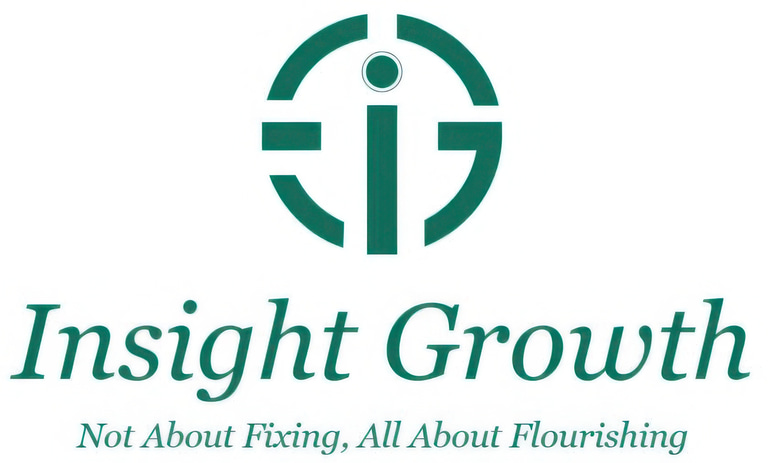When Times Feel Bad (And How That Shapes Us)
When we believe times are bad, that belief begins to shape how we think, feel, and act, often without us realising it. This reflection explores how our mindset during difficult moments can influence our behaviour and wellbeing, and how gently shifting perspective can help us respond with more intention, even in uncertainty.
5/6/20252 min read
Have you ever noticed how quickly our thoughts about the world shape how we show up in it?
When we tell ourselves, “Times are bad,” that belief doesn’t just stay in our minds, it shows up in how we carry ourselves, how we make decisions, how we speak to others, and how we care for ourselves.
We move with caution.
We brace for impact.
We shrink our hopes and postpone joy “until things get better.”
It is not that these thoughts are wrong. Sometimes, things really are hard: uncertain, painful, or unfair. And when we hold tightly to the idea that we are living in “bad times,” it can quietly narrow our perspective. We begin to expect more hardship, we notice more threats, and we act more reactively.
And over time, it can take a toll, not just on our outlook, but on our wellbeing.
A Shift in Belief, A Shift in Behaviour
Compare that to how we behave when we believe things are going well.
In “good times,” we tend to act with more trust.
We plan.
We connect.
We look ahead with a sense of possibility.
Even if challenges arise, they feel like bumps in the road — not roadblocks.
The difference is not always in the external situation. It is often in the meaning we attach to what is happening, and how that meaning shapes our sense of control and capacity.
Why This Matters
This is not about ignoring hardship or pretending everything is fine.
It is about noticing when the story we are telling ourselves about “how things are” is limiting our ability to respond in a grounded, intentional way.
Because when we believe things are bad and will stay bad, we tend to:
Withdraw effort
Expect the worst
Focus on problems, not possibilities
Doubt ourselves and others
Delay action until “the right time”
But when we choose to stay open to possibility even in difficulty, we may begin to:
Act with a sense of agency
Stay connected to others
Seek creative solutions
Move with purpose, not panic
Care for our wellbeing, not just survive
A Gentle Reframe
What if things are hard, and I am still capable of responding with hope?
What if I can acknowledge difficulty, without letting it define what is possible next?
What if “times are tough” is only part of the truth, and I can choose what part of the truth I want to lead with?
This is not toxic positivity. It is compassionate perspective. It is choosing to move from a space of intention, not reaction. And it begins with noticing the lens through which you are seeing your current moment.
A Reflection
What story are you telling yourself about the times you are in?
And how might that story be shaping the way you see yourself, your choices, and your future?
You don’t need to pretend things are perfect. But you do have the power to choose a lens that honours both the challenge and the strength within you to meet it.


